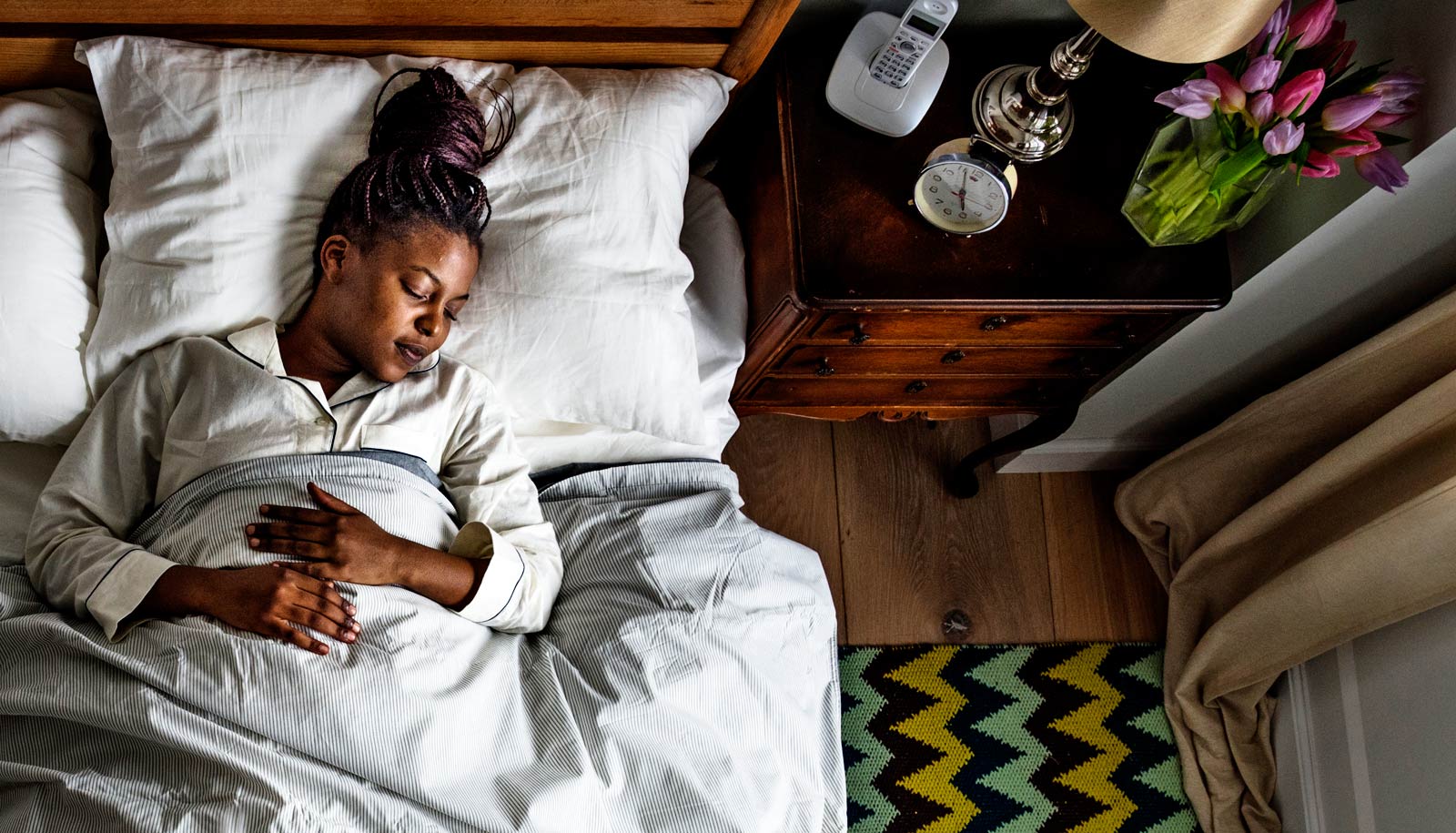Adults with the healthiest sleep patterns in a new study had a 42% lower risk of heart failure regardless of other risk factors compared to adults with unhealthy sleep patterns.
Healthy sleep patterns include rising in the morning, sleeping 7 to 8 hours a day, and having no insomnia, snoring, or excessive daytime sleepiness. Heart failure affects more than 26 million people, and emerging evidence indicates sleep problems may play a role in its development.
For the study in the journal Circulation, researchers examined the relationship between healthy sleep patterns and heart failure and included data on 408,802 UK Biobank participants, ages 37 to 73. Researchers recorded 5,221 cases of heart failure during a median follow-up of 10 years.
Researchers analyzed sleep quality as well as overall sleep patterns. The measures of sleep quality included sleep duration, insomnia and snoring, and other sleep-related features, such as whether the participant was an early bird or night owl and if they had any daytime sleepiness (likely to unintentionally doze off or fall asleep during the daytime).
“The healthy sleep score we created was based on the scoring of these five sleep behaviors,” says corresponding author Lu Qi, epidemiology professor and director of the Obesity Research Center at Tulane University School of Public Health and Tropical Medicine. “Our findings highlight the importance of improving overall sleep patterns to help prevent heart failure.”
Researchers collected sleep behaviors using touchscreen questionnaires. They defined sleep duration in three groups: short, or less than 7 hours a day; recommended, or 7 to 8 hours a day; and prolonged, or 9 hours or more a day.
After adjusting for diabetes, hypertension, medication use, genetic variations, and other covariates, participants with the healthiest sleep pattern had a 42% reduction in the risk of heart failure compared to people with an unhealthy sleep pattern.
They also found the risk of heart failure was independently associated and:
- 8% lower in early risers;
- 12% lower in those who slept 7 to 8 hours daily;
- 17% lower in those who did not have frequent insomnia; and
- 34% lower in those reporting no daytime sleepiness.
Source: Tulane University



